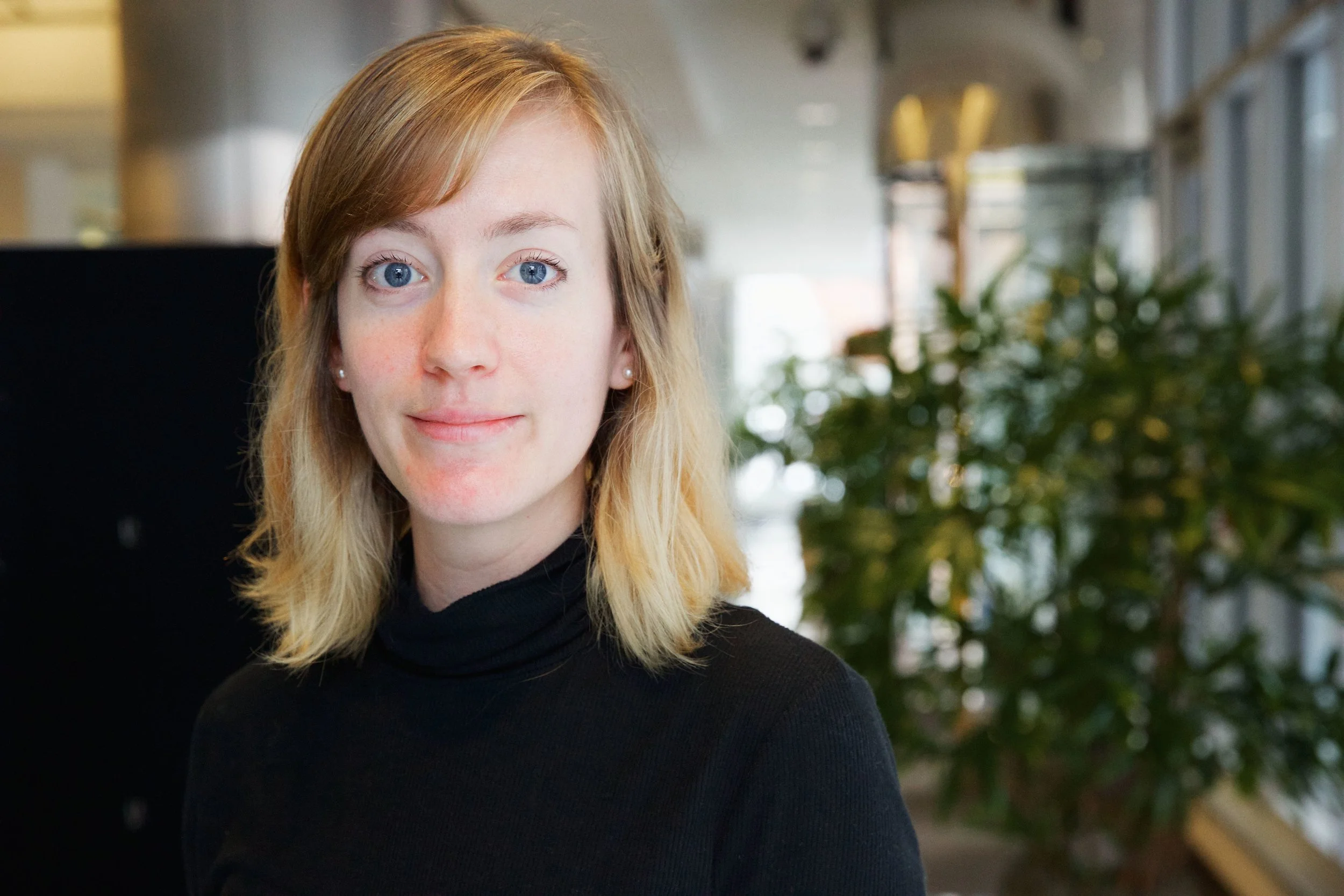Richmond Justice
STORIES + PORTRAITS
Carroll | April 22, 2016
Carroll Abdul-Malik is the founder and president of Muslim Chaplain Services of Virginia, which provides counseling and education to incarcerated Muslims and those transitioning back into society after release. Muslim Chaplain Services also provides religious sensitivity training to Department of Corrections staff.
Muslim Chaplain Services of Virginia represents the needs of Muslims who are incarcerated, but not only Muslims. We are concerned with humanity as a whole. From 1971 until 1978, I was in prison myself. And while in prison, I saw volunteers come in from all different faiths, vocations, and educational backgrounds. Their passion for what they were doing really impressed me. I also saw people paid to work with those incarcerated. But the ones who really impressed me were the volunteers. That’s pretty much how I got started being a volunteer. I’ve been out of prison for 38 years; I’ve been volunteering for 34 years.
I was not very religious before prison. In 1970, I was fresh back from Vietnam, and I was very upset. I was angry. I had become a racist. I had never encountered blatant racism until I went to Vietnam—until I went into the military, period. In Vietnam, it was the South Vietnamese against the North Vietnamese. But within the US military it was black against white. During the time I was there, I saw a lot of people go home injured or killed—and not because of the Vietnamese.
When I came back from Vietnam, the streets at home were infested with heroin. I stayed clear of hard drugs, but that scene really threw me off-course. Most of the veterans I knew became drug addicts, and they went to prison. They had seen a lot of fighting and killing and wounding, and they used drugs to try to drown out those memories. You’ve got to understand: these were young men who were 18, 19, 20 years old. One minute, you see the person next to you is living, and then the next minute that person is dead. For a lot of guys, heroin helped to numb that.
I came to faith when I was in prison. It was totally unexpected. Around this time, Elijah Muhammad died, and his son, Warith Deen Mohammed, took over the Nation of Islam. Every Sunday at four o’clock, Warith Deen Mohammed came on the radio. And every Sunday at four o’clock I found myself in front of the radio; I never planned to be there. What he said challenged my whole belief system. He just shattered me. “Truth doesn’t have a color,” he said, and, “righteousness doesn’t have a color.” These ideas started destroying my biases, my whole intolerant perspective on life. I learned that every person has a purpose. Every day of our lives is a blessing from the Almighty.
In every prison where I was incarcerated—I was moved around—I found that Muslims and other people of faith were the most productive prisoners. It started to make sense.
“I don’t let anyone convince me that I’m anything other than an asset. And I counsel men and women inside to do the same.”
For me and most others incarcerated with me, we were in prison because of our environments, our circumstances, and because we had few alternatives. The people I met, if they made it out alive, they would come right back—because they were getting out into the same addictions, the same environments. And they weren’t doing anything to prepare themselves. When you’re in prison, you should learn a trade—master a trade—because everyone on the outside is looking for a job too.
I hated prison. I hated prison and I resolved to make a change in my life, and never go back there. I don’t allow my incarceration to be a hindrance to me today. I don’t let anyone convince me that I’m anything other than an asset. And I counsel men and women inside to do the same.
In too many of our Richmond communities, tragically, the heroes are athletes, entertainers, successful drug dealers, and guys who went to prison and got out. Among the youth, there’s ignorance of potential, ignorance of worth. It’s not simply that the fathers aren’t present; they’re in the community. But they’re males, not men—and they’re not present in their children’s lives as positively as they could be. And the gangs—you would not believe how powerful the gangs are in the community and in the prisons. The children are not allowed to be children. Sometimes, sadly, they’re rescued when they go to prison, because they have three meals a day, they have someone watching over them, and they may not have these things at home. There’s a lot of hopelessness and despair. But I don’t want to work with children because I pity them. I want to work with children before they become intoxicated with hopelessness and despair.
We’re going to have to stop the despair if we’re going to turn it around—and we can turn it around. I don’t believe in the hopelessness. But at the same time, I don’t think we have the luxury to procrastinate. We must see change as a priority.
—interviewed April 18, 2016











